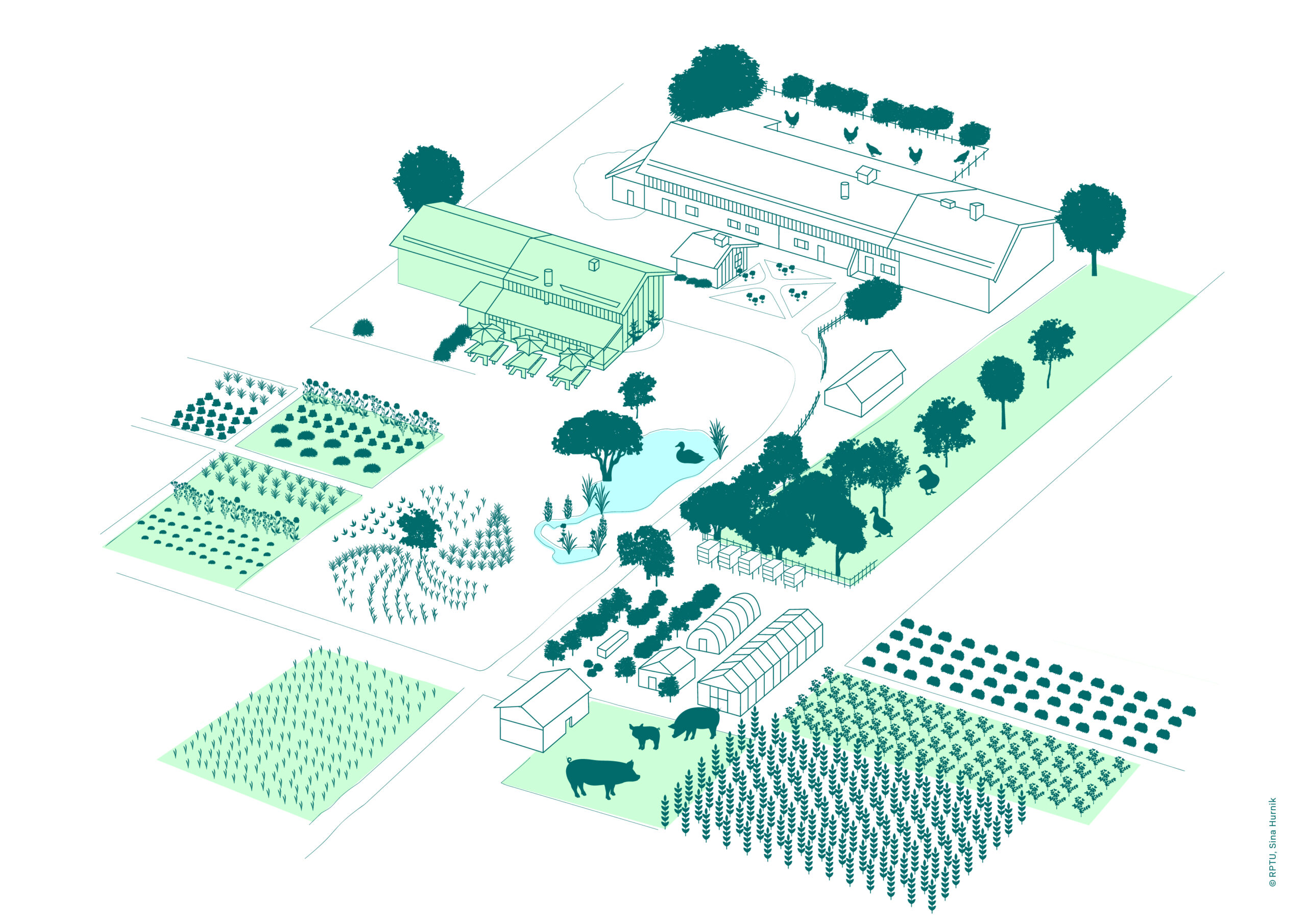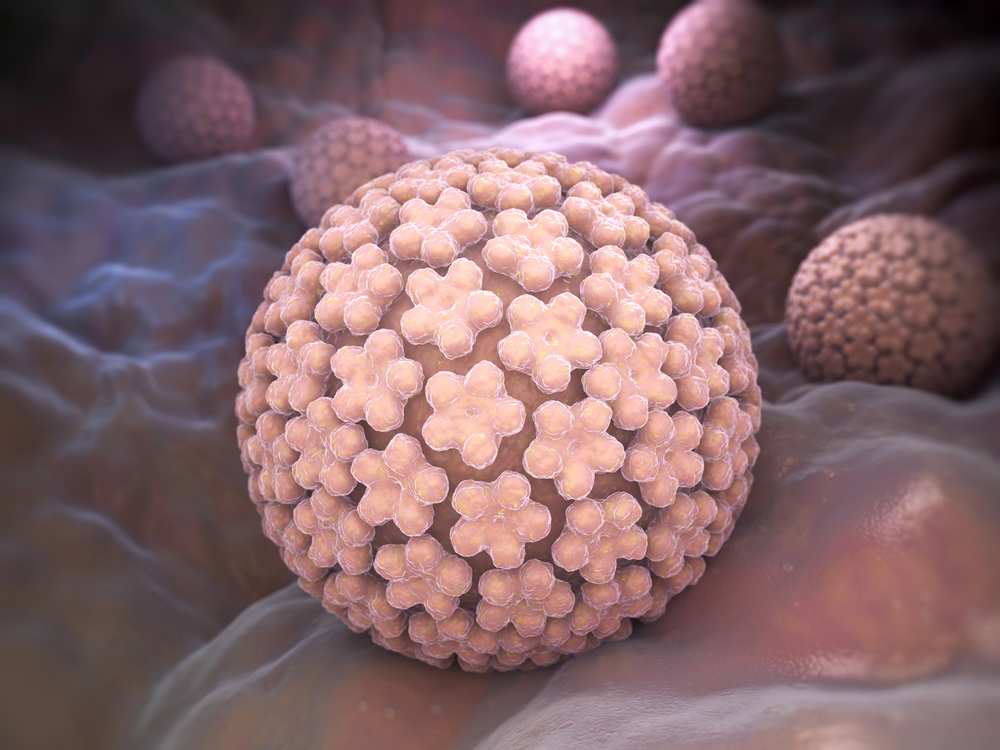Dr Zsuzsanna Balogh-Brunstad | Getting to the Root of Plant-Fungi Symbiosis
Original Article Reference
This SciPod is a summary of the paper ‘Ectomycorrhizal Fungi and Mineral Interactions in the Rhizosphere of Scots and Red Pine Seedlings’, in Soils. doi.org/10.3390/soils1010005
About this episode
An ancient relationship between plants and fungi could help us improve forestry and agriculture, while also responding to the challenges posed by climate change. These beneficial fungi, along with their bacteria helpers, help plants to grow bigger and healthier, and survive droughts. An international team of researchers has been investigating how these fungi and bacteria increase mineral availability for Scots pine and red pine seedlings through mineral weathering.
This work is licensed under a Creative Commons Attribution 4.0 International License. 
What does this mean?
Share: You can copy and redistribute the material in any medium or format
Adapt: You can change, and build upon the material for any purpose, even commercially.
Credit: You must give appropriate credit, provide a link to the license, and indicate if changes were made.
More episodes
Julius Reiff | Soil, Seeds, and Sustainability: The Power of Permaculture during Environmental Breakdown
Pressing environmental challenges, such as soil degradation, biodiversity loss, and climate change, can negatively affect agriculture, while also being driven by common agricultural practices. To tackle this predicament and ensure food security while promoting environmental sustainability, innovative agricultural practices are essential. Permaculture, a holistic approach to farming that mimics the stability and resilience of natural ecosystems, offers a promising solution. A recent study conducted by Julius Reiff of the Institute for Environmental Science, RPTU University of Kaiserslautern-Landau, Germany, and colleagues, provides compelling evidence of the benefits of permaculture in enhancing carbon stocks, improving soil quality, and boosting biodiversity.
Dr Alan Cottey | How we can Improve our Science Communication to Create Climate Crisis Action
We are facing a climate crisis that threatens our entire world and life as we know it. Despite this, scientists have found it difficult to engage people on the issue and inspire effective action. Dr Alan Cottey at the University of East Anglia explores the history of scientists’ climate warnings and suggests a four-register model of communication that he believes has the potential to reach people with varying degrees of scientific literacy and different lifestyles.
Dr. Archana Thakur | A Novel Immunotherapy Approach to Treat Solid Tumors
Developing therapies to effectively treat cancerous tumors is challenging, due to the hostility of the tumor microenvironment and the potential to unintentionally damage surrounding tissues. Infusions of immune cells can improve immune function and assist the body in fighting disease, although this approach increases the risk of inducing dangerous inflammatory responses. Dr. Archana Thakur and her colleagues at the Universities of Virginia and Pennsylvania have engineered a pioneering immunotherapy system that precisely targets cancerous cells. This new immunotherapy poses minimal risk of adverse reactions, and can be used against a wide range of tumor types.
Dr. Christopher Buck | Expanding Our Knowledge of Viral Evolution
Vitamin D has been studied as a treatment for a large number of diseases and conditions, from cancer to autism to COVID-19. However, its mode of action is not completely understood. Professor Ralf Herwig carries out his research at HG Pharma GmbH (Austria) and Ulster University (UK). His vital work explores the role of vitamin D in the body with a view to unlocking its potential as a treatment for a variety of health conditions involving the immune system.
Increase the impact of your research
• Good science communication helps people make informed decisions and motivates them to take appropriate and affirmative action.
• Good science communication encourages everyday people to be scientifically literate so that they can analyse the integrity and legitimacy of information.
• Good science communication encourages people into STEM-related fields of study and employment.
• Good public science communication fosters a community around research that includes both members of the public, policymakers and scientists.
• In a recent survey, 75% of people suggested they would prefer to listen to an interesting story than read it.

Step 1 Upload your science paper
Step 2 SciPod script written
Step 3 Voice audio recorded
Step 4 SciPod published




